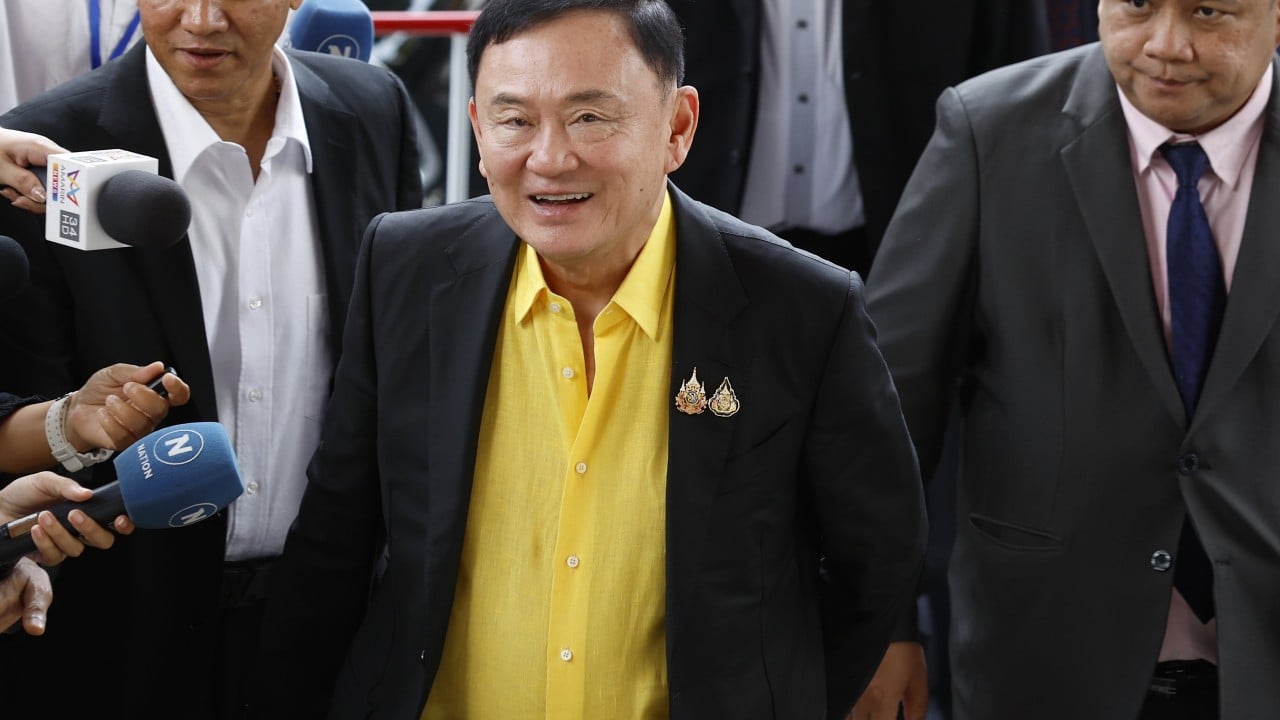The Bank of Thailand is ready to adjust monetary policy to ensure stability as policymakers grow more concerned about the impact that financial markets have on the macroeconomy, Governor Sethaput Suthiwartnarueput said.
Tight liquidity or credit conditions would be a trigger for a change in interest rates, Sethaput said in a media briefing in Pattaya on Saturday. Monetary policy is still mainly dependent on the outlook for the economy, inflation, and financial stability, he said, adding that those remain in line with expectations.
The central bank on Wednesday left its benchmark interest rate unchanged for a fifth straight meeting, a gathering that took place less than a week after a new prime minister was installed. Paetongtarn Shinawatra is still finalising her cabinet after winning a parliament vote earlier this month and reviewing a US$14 billion cash handout planned by her predecessor Srettha Thavisin.
“We already flagged about interlinkages between macroeconomic and financial developments,” Sethaput said, without specifying. “If the situation is worse than it should be, we are ready to adjust policy.”
The benchmark SET Index had its best week since early 2021 following the election of Paetongtarn as premier, gaining 4 per cent. The benchmark is still down about 13 per cent over the last 12 months, among the worst in the world.
The daughter of former leader Thaksin Shinawatra became Thailand’s youngest prime minister after Srettha was dismissed by the Constitutional Court in an ethics violation case. The central bank had pushed back against rate cut calls from Srettha’s government, saying monetary policy was appropriate. The bank had also opposed the cash giveaway plan on concerns over fiscal discipline.

Paetongtarn has yet to make any public remarks about the BOT since becoming premier, but she criticised it in May for resisting Srettha’s calls for a rate cut. She described the central bank’s autonomy then as an “obstacle” to reviving the economy.
While Thaksin is unlikely to assume any official or political position in the new government, he is expected to wield considerable influence on policies of Paetongtarn’s administration. Seen as the de facto head of ruling Pheu Thai Party, Thaksin had exerted pressure on the central bank when he was premier.
The billionaire politician said this week that the government should respect the central bank’s independence and opt for more talks with it on lowering rates, adding greater coordination between fiscal and monetary policymakers was needed to address Thailand’s economic problems.
Sethaput said the central bank always works with government and that it’s “normal” to have differing opinions on rates.
Thaksin, speaking to more than 1,400 bankers, business executives, and politicians in Bangkok on Thursday, said a reduction in a bailout fee paid by commercial banks should be explored to ease the burden on those struggling with car and housing loans.
Sethaput said it’s “too soon” for him to respond to Thaksin on the bailout fee.


